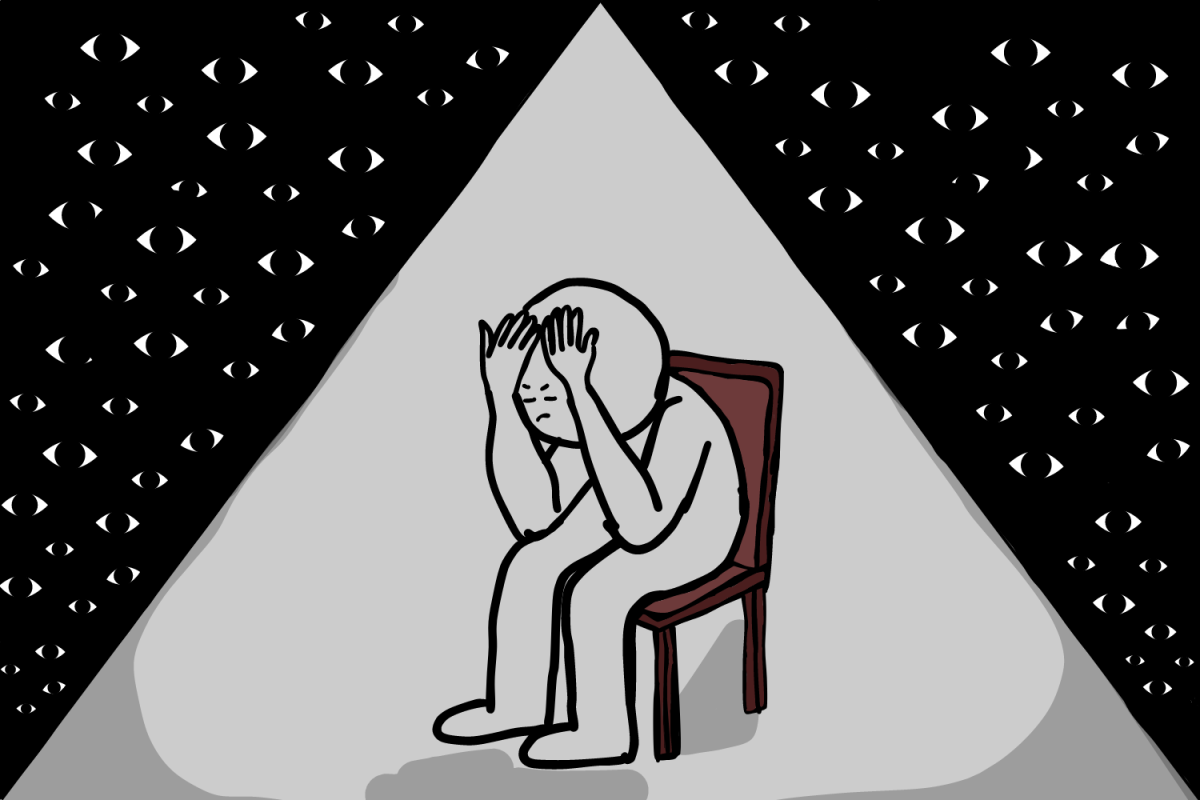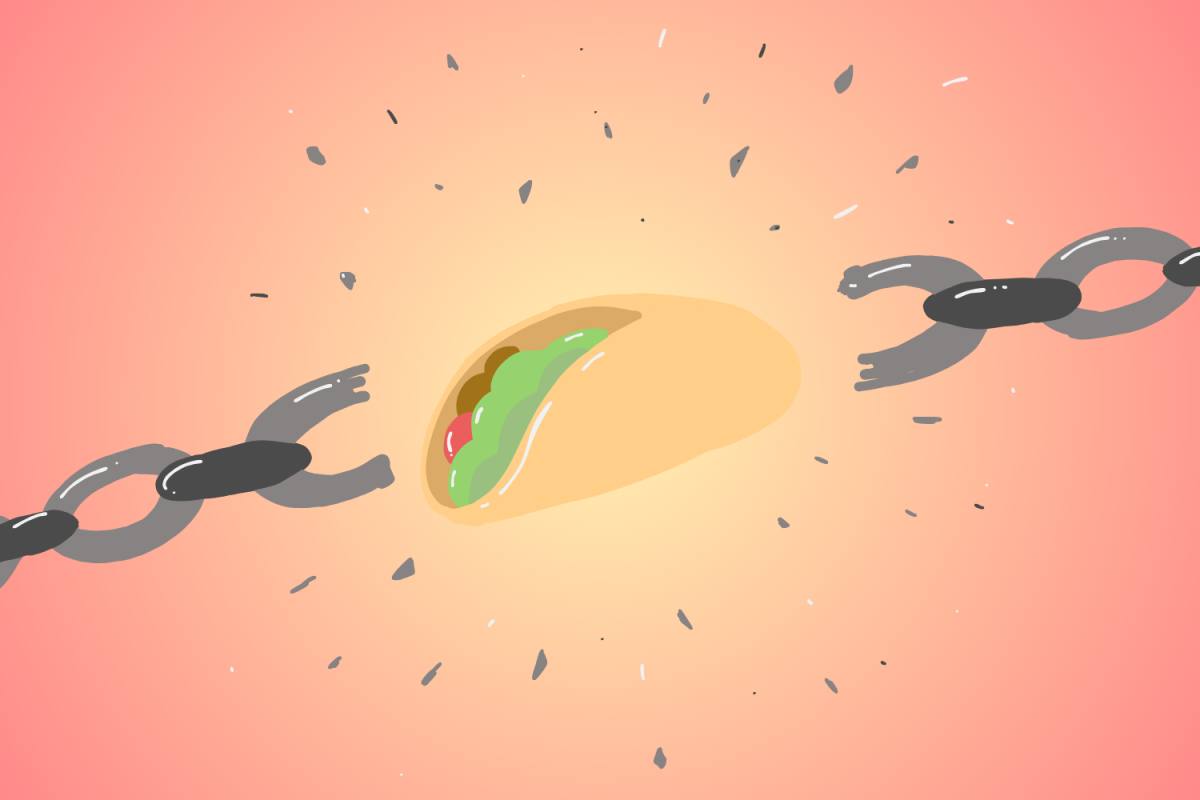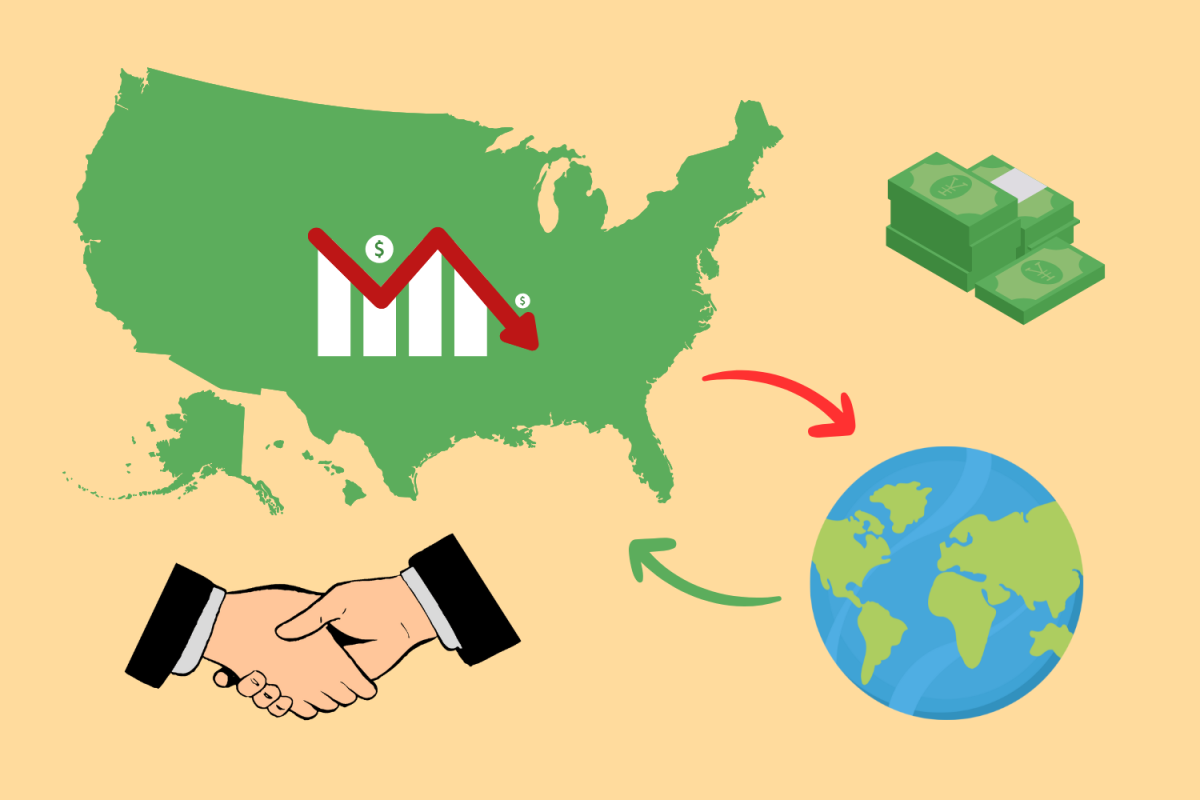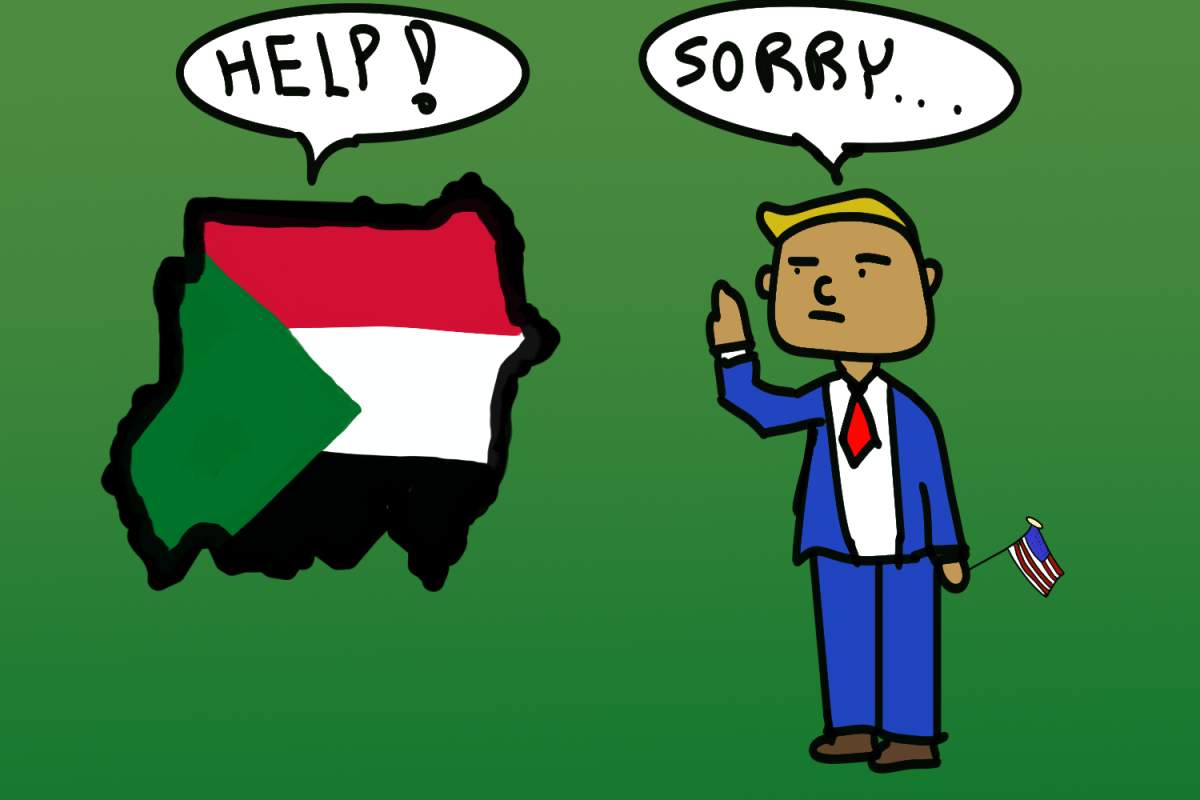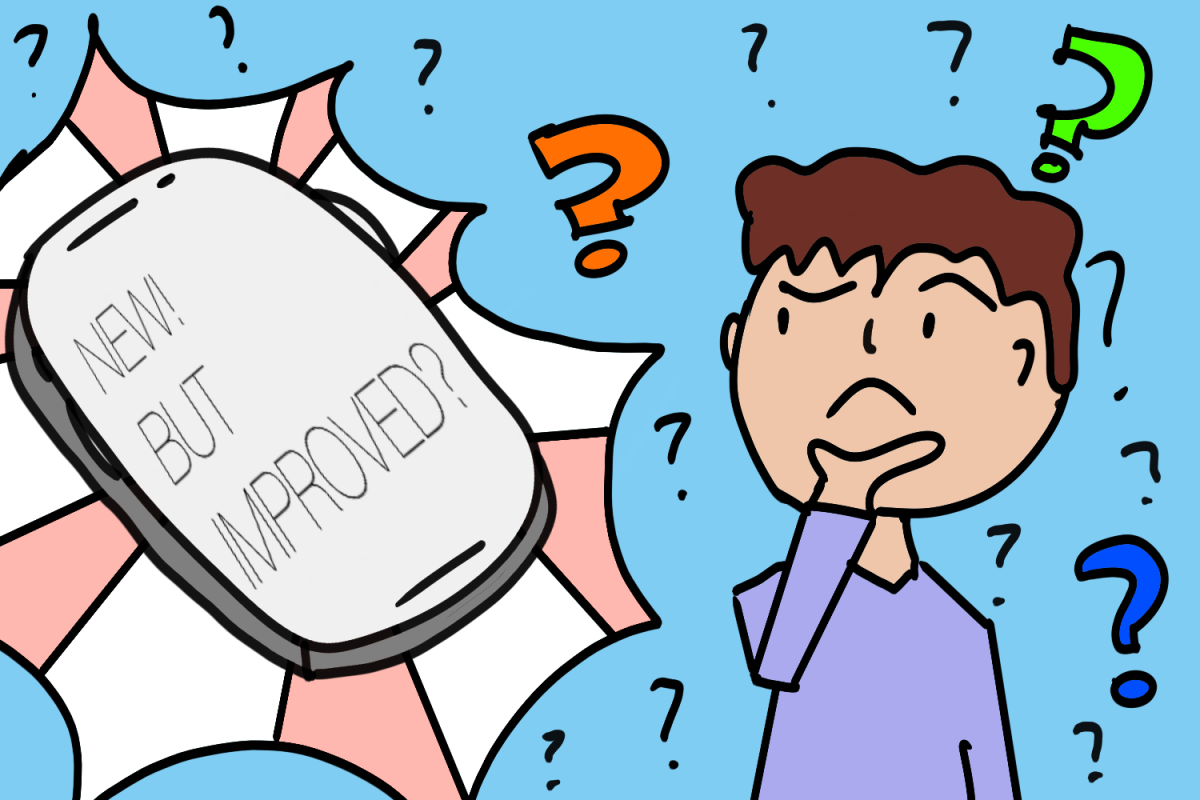It’s quite probable that at least once, you’ve felt the unmistakable churning of your stomach, heart, and mind telling you that you don’t deserve the recognition or positivity in your life. That you’re not exactly amazing in your talents, and others around you are better. But I can also bet you don’t know that if you were to stand in a room of 100 people similar to you in their level of skills, at least 79 of them would feel the exact same way looking at you. At least 80% of the world has experienced this phenomenon of feeling out of place, and there’s a word for it: imposter syndrome (IS).
When the term was first coined, IS was defined by Pauline Clance and Suzanne Imes from the American Psychological Association in Psychotherapy: Theory, Research & Practice (1978) as “an internal experience of intellectual phoniness.”
The meaning has since expanded to encompass the overall “struggling with the sense [that one hasn’t] earned what they’ve achieved and [is] a fraud.”
Simply phrased, “imposter syndrome” is a verbalization of the psychological phenomenon almost all humans experience causing a feeling of fraudulence in their existence and capabilities.
Let’s take a moment to make an important clarification. The self-imposed idea of “not being the best” is beneficial: it motivates you to challenge yourself and get better. Being humble and open-minded to learning things from others is essential to achieve goals and be successful. However, too much underestimation of your ability is extremely detrimental: it keeps you from growing, as you believe your skills are limited or fake. IS commonly causes dissatisfaction, burnout, and even mental illnesses like depression and anxiety.
So, how does IS come to be, and is there a way to eradicate it?
There’s no one cause of IS, nor is it easy to pinpoint the exact reasons it grows in each unique individual. Here are some of the most common causes and examples of what specific situations they can lead to:
- Family or home environment: Growing up in high-pressure households demanding constant exceptional performance in work, living with extremely talented siblings praised more often than you, or constantly hearing degrading remarks on your efforts are just a few of the many experiences that can ingrain IS in someone. The idea that one’s value is purely determined by their expertise and/or accomplishments makes it simple to feel IS at the slightest inconvenience or failure.
- Personality: People who seek perfectionism or have conditions like anxiety and low self-esteem are more prone to IS due to their existing ideologies.
- Social media: A popular factor in the development of IS is social media, which incessantly reminds people to feel FOMO and see others reach incredible levels of their individual journeys. What we fail to remember is that all our paths in life have innumerable differences, and comparing ourselves to people with different goals, personalities, strengths, and more only enhances IS.
Humans are even more prone to IS due to psychological ideas that are found by research to be prevalent in our minds. These are primarily negativity bias (concentrating on negative aspects of a circumstance), attribution errors (believing that one’s own successes are unintentional, while others’ are due to their talents), and confirmation bias (selectively noticing things that validate existing beliefs). Interestingly, while IS can affect anyone, it’s found to be especially common amongst youth, women, minority groups, and high achievers for a multitude of reasons.
What can you do to limit IS and its effects? Actively transforming negative thoughts into helpful feedback, regularly identifying your strengths and progress, embracing a growth mindset, and talking about your personal difficulties with peers or trusted adults are all effective and advantageous ways to grow out of IS and become a better individual. Do check out the AHS Wellness Center and student mental health resources for a safe space and more guidance.
IS is deadly. It hurts, and it’s prevalent. But I believe that anyone can overcome it by taking action and asking for help. The only place you should ever feel like an imposter in is Among Us!
GRAPHIC COURTESY OF ANDREA GARCIA

